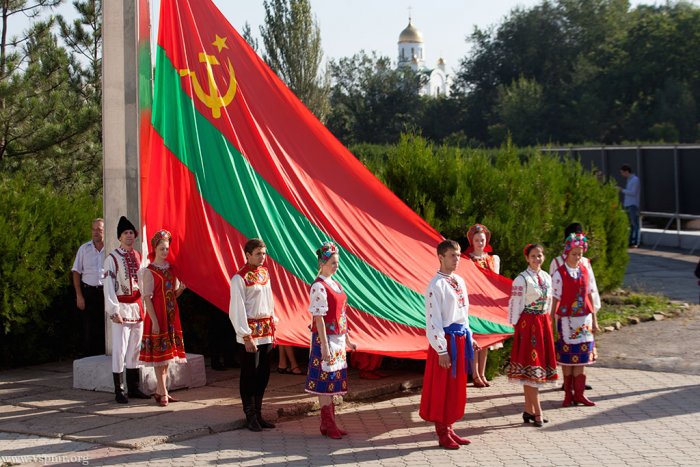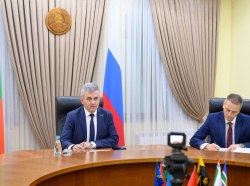Half of the Russia's population takes Abkhazia and South Ossetia as independent states, as much people consider that these republics, including Pridnestrovie, must officially get an independent status, Levada Center reported.
According to the results of a survey carried out between August 21 and 24 among 800 people in 134 settlements of 46 Russian regions, almost one in two of people surveyed (47%) take South Ossetia as an independent state. 49% of them hold the same opinion on Abkhazia.
Also, 10% and 9% respectively of those surveyed consider that South Ossetia and Abkhazia are the parts of Georgia. One in five of people surveyed (21%) take South Ossetia as a part of Russia, as much of them (20%) consider the territory of Abkhazia as Russian one also. 22% and 21% respectively of those surveyed were at a loss to answer the question.
According to almost one in two of Russian citizens, South Ossetia and Abkhazia must be independent (48% and 47% respectively). 7% and 8% respectively believe that these republics should be the parts of Georgia. Another 23% and 22% of people surveyed consider that it is necessary to join South Ossetia and Abkhazia to Russia. 23% were at a loss to answer.
When it comes to the consequences of South Ossetian and Abkhazian independence recognition by Russia, 23% of people noted that the actions of the Russian side had done good to the country, one in ten (10%) considers the other way. Almost, one in two (47%) believes that recognition of South Ossetia and Abkhazia was nor good, neither bad for Russia. One in five (20%) didn't give a definite answer.
Answering a question about the best status for Pridnestrovie, a half (49%) of Russian citizen expressed an opinion that it had to become an independent state. 17% assumed that the region had to stay a part of Moldova. One in three (34%) were at a loss to answer, Interfax reports.
According to 42% of those surveyed, Nagorno-Karabakh should be independent also. One in ten (10%) assumed that the region had to join Azerbaijan, 9% were sure that it had to become a part of Armenia. More than one third of those surveyed (39%) were at a loss to answer.








